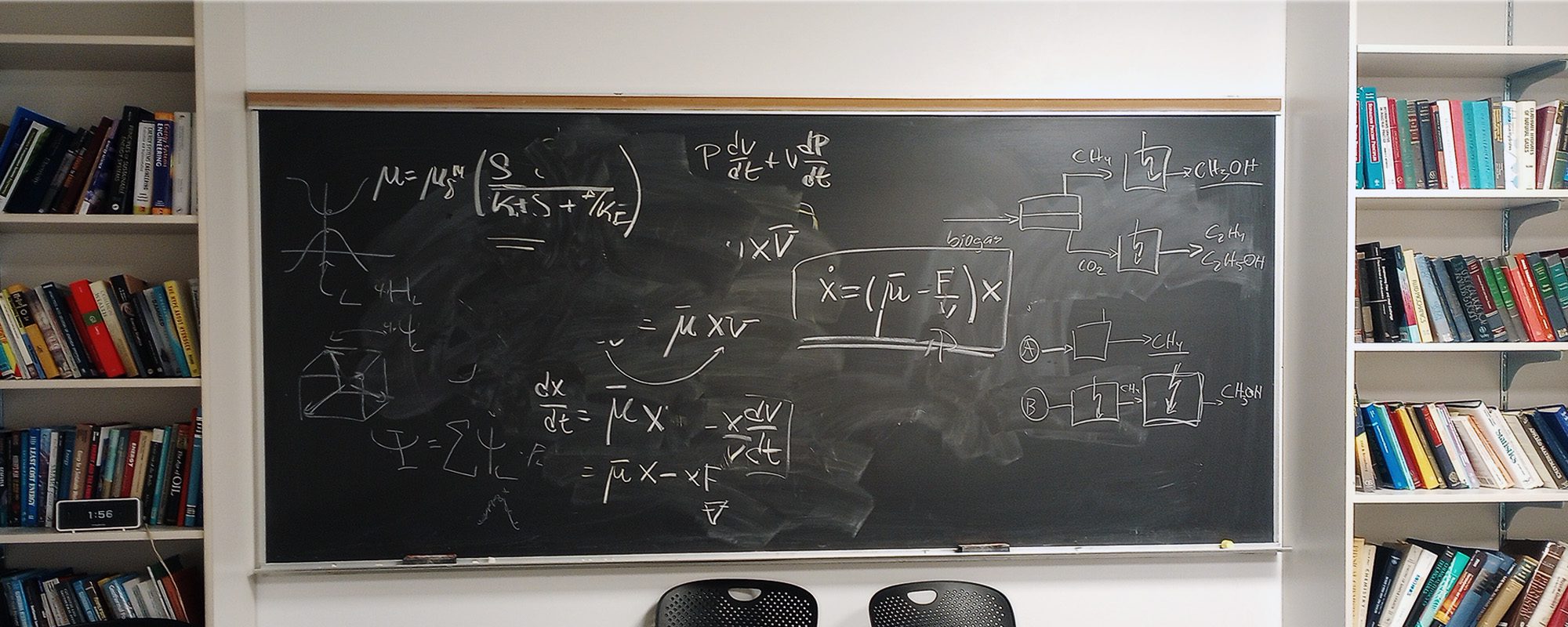Answers to Most M.Eng. Program Questions
This page lists frequently asked questions specific to the chemical and biomolecular engineering masters of engineering program. Don’t see the answer to your question listed here? Contact the M.Eng. program coordinator.
Admissions
-
How do I apply and send letters of recommendation?
Apply through the ApplyWeb online application system on the Graduate School website in consultation with guidance found in the Cornell Engineering M.Eng. application guide. Once you have submitted an application, electronic recommendation requests are generated and sent to your references.
-
When will I learn whether or not I have been admitted?
Applications are not reviewed until all application materials, including letters of recommendation and test scores, have been received. Applications are reviewed on a rolling basis and decisions are made by June 15.
-
Can I transfer credits from another institution?
We accept up to 9 transfer credits for our M.Eng. program.
-
What is the minimum grade point average (GPA) required?
Cornell Engineering sets a minimum grade point average of 2.7/4.0 for admission. In recent years, demand in chemical engineering has effectively raised this level above 3.0; however, admission is based on the entire application, not on a fixed grade point cutoff. An effort is made to interpret grades from schools other than Cornell on a comparable basis to Cornell undergraduate grades.
-
Does your program require GRE scores?
GRE scores are not required.
-
Must I have work experience in order to qualify for the program?
No. The majority of students in the program do not have full-time work experience beyond summer internships.
-
Should I submit a resume?
Our application requires a resume submission, as it can be useful in conveying valuable information.
Program
-
How long does the program take?
Our program requires a minimum of 30 credit hours, including certain designated courses. Most students complete the program in two semesters. If they come from an undergraduate field other than chemical engineering, completing the program may take an additional semester.
-
Can I begin the program in the spring semester?
Most students begin the M.Eng. program in the fall semester. For a variety of reasons, including the sequencing of offered courses and the timeline for project activities, completing the M.Eng. program in the traditional fall-spring is recommended. Spring admission is possible, though the applicant pool is much smaller in the spring.
-
Do I need an undergraduate degree in chemical engineering to take the M.Eng.?
Most M.Eng. students have a bachelor’s degree in chemical engineering. Students with a background in other STEM disciplines can also be successful. If this is your situation, we encourage you to reach out and schedule a meeting to discuss your options.
-
Can I do a joint M.Eng. and MBA degree?
Cornell’s Johnson Graduate School of Management offers a two-year M.B.A. program to applicants who have appropriate technical training. Admission to the M.Eng. and MBA programs must be sought separately, and usually requires more work experience than the typical M.Eng. graduate has acquired. Cornell engineering undergraduates interested in doing both an M.Eng. and an MBA, possibly with some work experience in between, should inquire about the Knight Scholarship, which is designed to provide substantial financial aid to outstanding students combining engineering and business.
